Vitamin B1 (Thiamin)
Vitamin B1 is a water-soluble vitamin that is essential for glucose metabolism and nerve, muscle, and heart function. It is also known as thiamin or thiamine. we consume this vitamin in our daily meals and supplements, which can be sourced from either animal liver, beef etc or plants like spinach, sesame, sunflower seed and more.
Benefits of vitamin B1
- Boosts energy production: Vitamin B1 helps your body turn food into energy by supporting the enzymes that convert sugar into energy
- Supports nerve function: Vitamin B1 is essential for nerve function and helps prevent nerve damage.
- Helps prevent beriberi: Beriberi is a disease that affects the heart, nerves, and digestive system. Vitamin B1 helps prevent this disease by supporting the nervous system and heart function.
- Helps treat Wernicke-Korsakoff syndrome: Wernicke-Korsakoff syndrome is a brain disorder caused by thiamine deficiency, especially in alcoholics. Vitamin B1 supplements can help treat this disorder.
- May reduce the risk of cataracts, kidney disease, and Alzheimer’s disease: Although more research is needed, some studies suggest that vitamin B1 may help reduce the risk of these diseases.
Sources of vitamin B1:
- Wheat germ: A nutrient-rich part of wheat that contains 1.67 mg of thiamin per 100 grams.
- Flax seeds: A source of fibre, protein, and essential fatty acids that provide 1.64 mg of thiamin per 100 grams.
- Sunflower seeds: A snack that offers 1.48 mg of thiamin per 100 grams.
- Pork: A meat that has more thiamin than other types of meat, with 0.6 mg of thiamin per 100 grams
- Asparagus: 1 cup of cooked asparagus contains 0.3 mg of thiamin.
- Spinach: 1 cup of cooked spinach contains 0.2 mg of thiamin.
- Kale: 1 cup of cooked kale contains 0.1 mg of thiamin.
- Brussels sprouts: 1 cup of cooked Brussels sprouts contains 0.1 mg of thiamin.
- Sesame seeds: 1 oz of sesame seeds contains 0.2 mg of thiamin.
- Sunflower seeds: 1 oz of sunflower seeds contains 0.4 mg of thiamin
Reference: (https://www.medicalnewstoday.com/articles/219545
Other sources
- Fortified breakfast cereals, bread, and rice
- Meat, fish, eggs, and liver
- Nuts, seeds, beans, and lentils
- Cauliflower, oranges, potatoes, asparagus, and kale
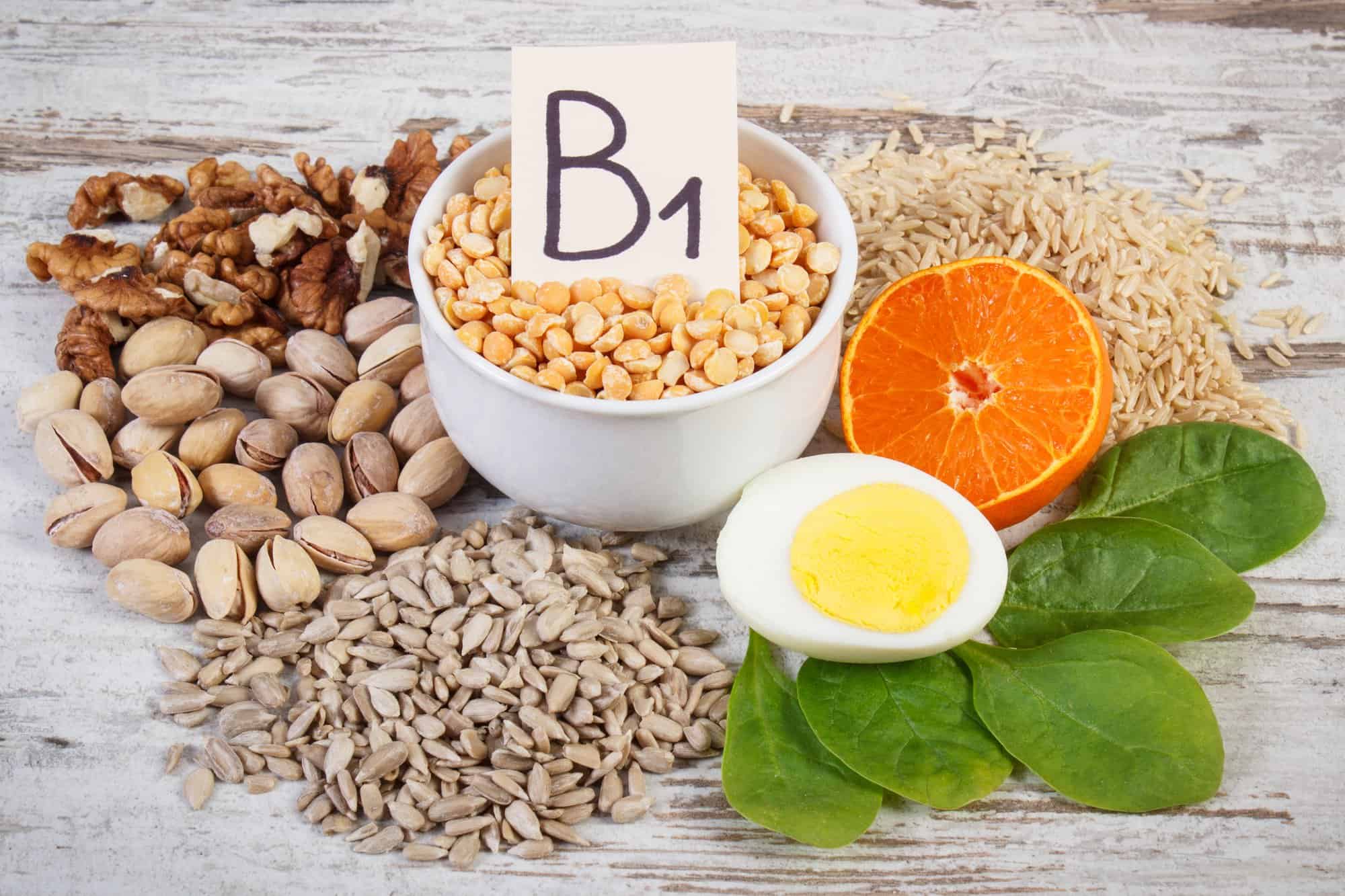
Ways to tackle vitamin B1 deficiency
Vitamin B1 deficiency is a condition that can cause various health problems, such as fatigue, nerve damage, heart failure, and paralysis. It is also known as thiamine deficiency or beriberi. To prevent or treat vitamin B1 deficiency, you need to consume enough thiamine from your diet or supplements. Some of the ways to tackle vitamin B1 deficiency are:
- Eat foods that are rich in thiamine, such as pork, trout, black beans, sunflower seeds, yoghurt, and fortified cereals and breads
- Avoid foods that contain thiaminase or thiamine antagonists, which can destroy or inhibit thiamine absorption. These include raw fish, shellfish, ferns, tea, coffee, and betel nuts
- Take thiamine supplements if you have a medical condition that affects your thiamine levels, such as alcohol dependence, malabsorption, hyperemesis gravidarum, or HIV infection
- Seek medical attention if you have symptoms of severe thiamine deficiency, such as confusion, eye problems, or difficulty walking. You may need intravenous or intramuscular injections of thiamine to correct the deficiency and prevent complications
The recommended daily intake of vitamin B1 for adults is 1.1 mg for women and 1.2 mg for men. Thiamine deficiency is rare in developed countries, but it can occur in people with certain medical conditions, such as alcoholism, Crohn’s disease, anorexia, and kidney dialysis. Thiamine supplements can help treat or prevent deficiency, but they should be taken under medical supervision.


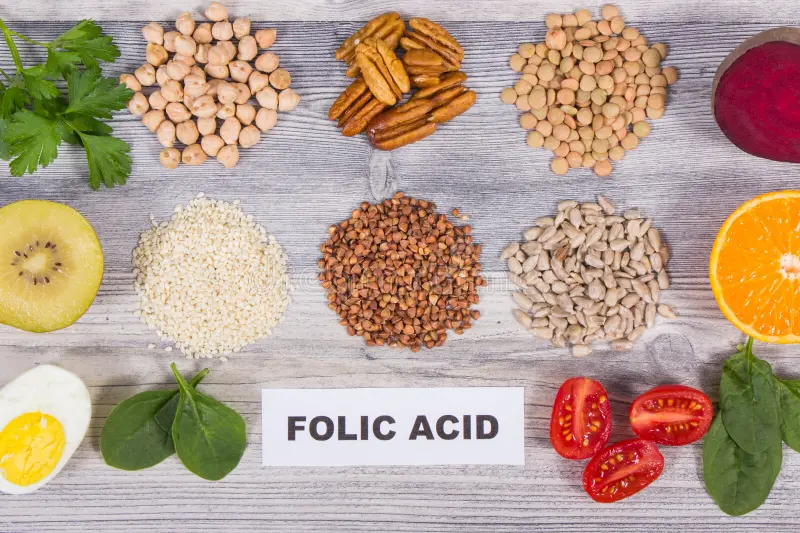


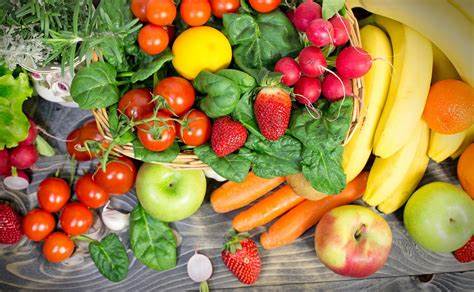
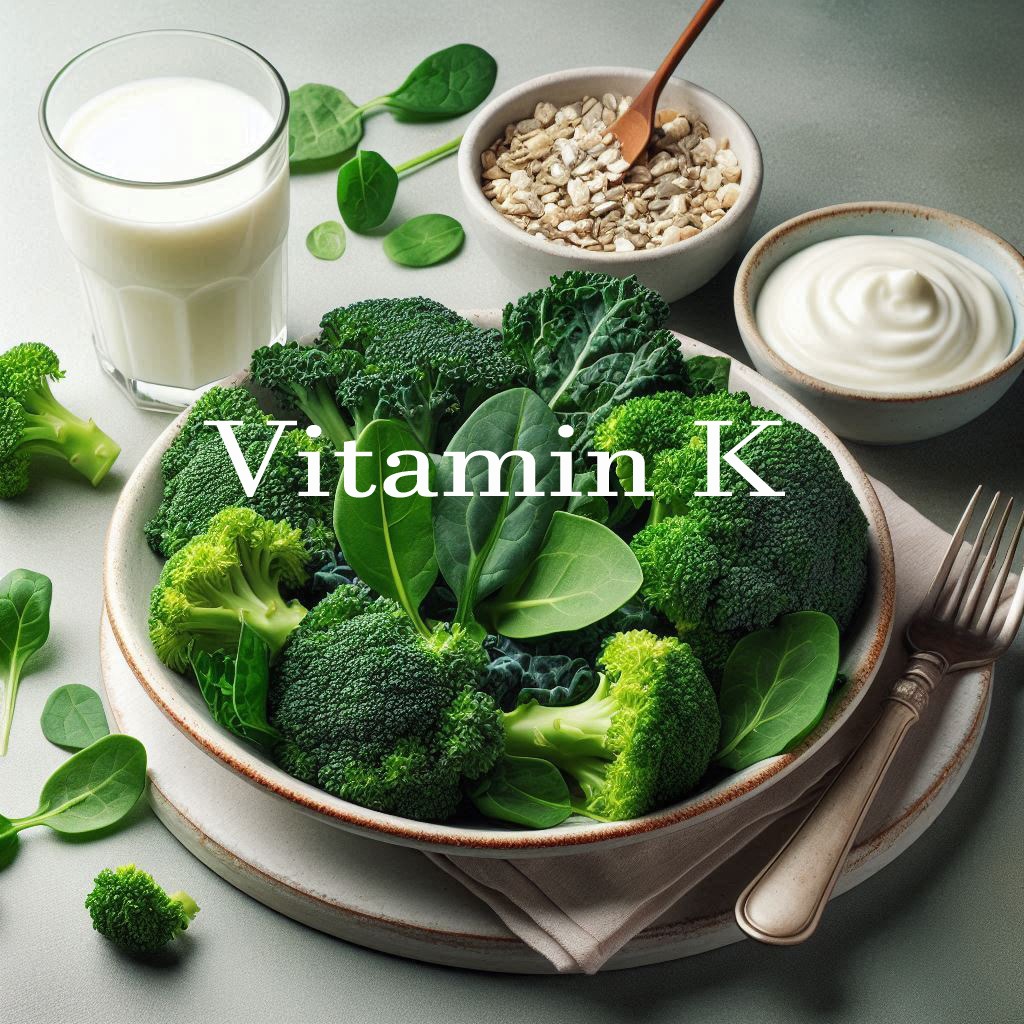
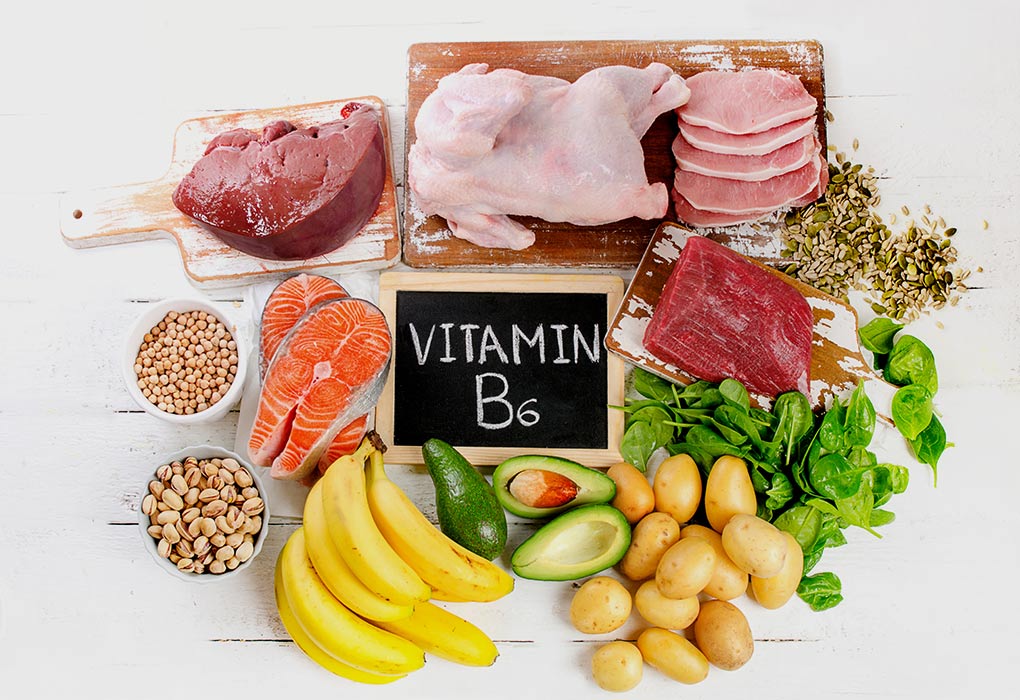

Review Vitamin B1.
You must be logged in to post a review.